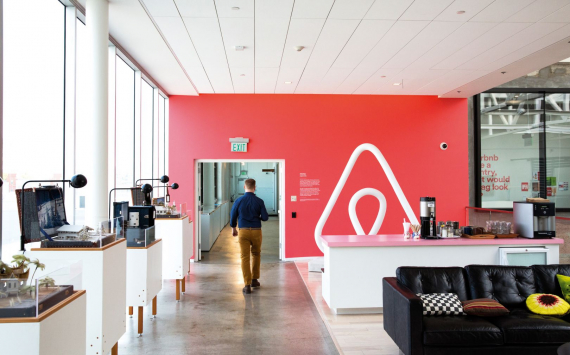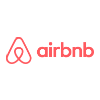
Revenue and share price
Airbnb reported a 300% increase in second-quarter revenues compared with the crisis period in 2020. The company's losses also fell more than Wall Street expected.
Shares in Airbnb (ABNB), a digital platform for booking accommodation and entertainment around the world, fell 4% after the close of trading on Thursday, despite the release of better-than-expected second-quarter results that ended on 30 June.
Airbnb shares first began trading on NASDAQ on December 10, 2020, and as of Thursday's close, they had fallen more than 30% from their February 11 high, but were up 11% in the past three months.
Airbnb report
Airbnb's loss per share fell to -$0.11, better than analysts' average estimate of -$0.41. The company's loss for the quarter fell to $68m, well below the net loss of $575.6m a year earlier.
Revenues rose 300% year-on-year and 50% quarter-on-quarter to $1.34 billion, above analysts' forecasts of $1.26 billion.
The company reported 83.1 million booked nights and events, up 29% from the first quarter and as much as 197% more than a year after the travel industry collapsed a year ago amid the Covid-19 pandemic. Analysts had expected 79.2 million nights and entertainment bookings.
As the company looked to rebound in sales during the quarter, Airbnb's marketing spend rose significantly, up 175% year-on-year to $315 million. In February, Airbnb warned of higher marketing costs in the first half of 2021 compared to the second half.
Airbnb CFO Dave Stephenson said: "As we move into the third quarter, we are getting a combination of fewer bookings for the fall, just given the nature of some seasonality and the risk of Covid issues."
Airbnb said vaccination progress and containment of new strains of the virus will be variables that will affect the company's results in the fourth quarter.
It is worth noting that Airbnb is looking to capitalise on the new trend of remote working from home by offering such customers a long-term rental format.
Also, a number of large companies, including US technology giants, have allowed some of their employees to continue working remotely after the pandemic if they wish.







